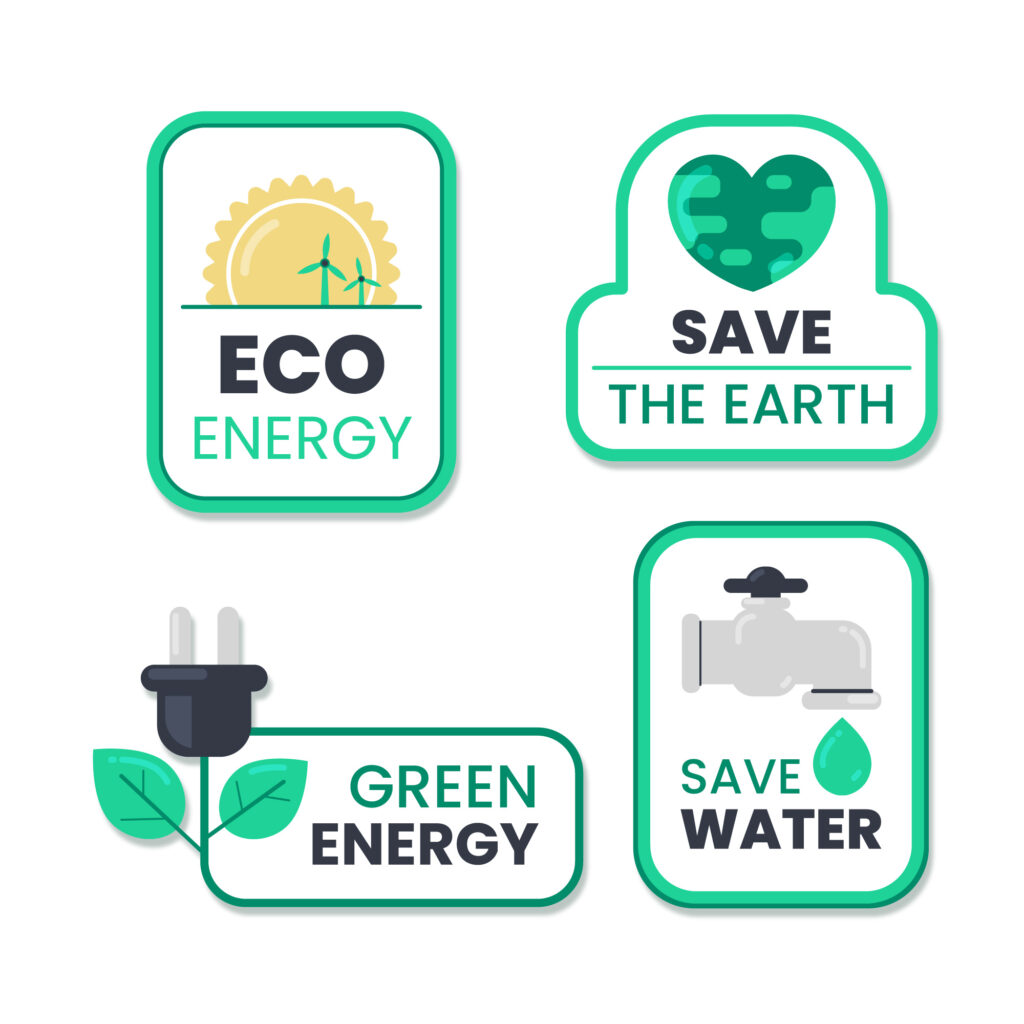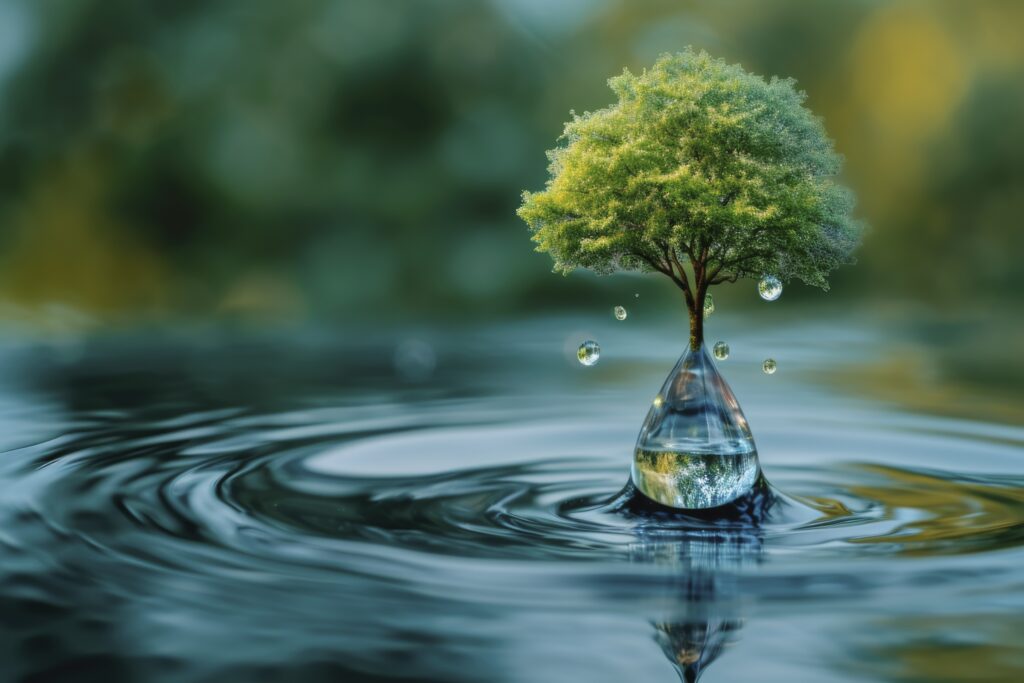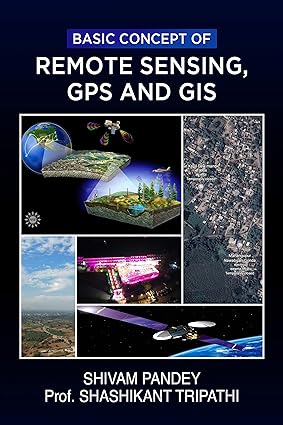Human society play a critical role in the conservation of natural resources. The conservation of natural resources is an essential aspect of sustainable development and it requires the active participation of every individual. By practicing sustainable behaviors such as reducing waste, recycling and using resources efficiently, society can help preserve ecosystems and biodiversity for future generations. Here we will discuss about the role of human in conservation of natural resources.
Table of Contents
1. Awareness and Education:
Society plays a crucial role in raising awareness about the importance of conservation of natural resources. When people become aware and educate, then they learn how their action, such as energy consumption, waste generation and resource extraction impact ecosystems and natural resources. Also aware citizens raising awareness and educate unaware people to become aware of pressing environmental issues such as climate change, deforestation, habitat loss and pollution. And hence, people can understand the severity of these problems and support conservation efforts and adopt sustainable behaviors.
2. Policy Advocacy:
Citizen can advocate for policies that support conservation, such as regulations on deforestation, pollution control measure and incentives for renewable energy sources. Citizens can also advocate for conservation efforts by writing to their elected officials, speaking out on social media platforms and host workshops and demonstrations to showcasing how our daily activities can negatively impact to the natural resources for future generations.
3. Reducing Energy Consumption:
Society plays a crucial role in conserving natural resources by reducing waste, minimizing environmental impact and promoting the responsible use of resources. Promoting energy efficiency help to reduce the consumption of fossil fuels and mitigates environmental impacts such as greenhouse gas emissions. Citizens can reduce the energy consumption by using public transportation for short distance travel or using bicycles or walking, economic use of electricity by using low-energy or energy saving bulbs, turn off home and office appliances when not in use, using energy efficient appliances and adopting renewable energy sources like solar and wind power. Also implementing energy-efficient technologies and practices in homes, industries and transportation.
4. Resource Management:

Resource management refers to the efficient and sustainable utilization of natural, human, and capital resources to achieve specific goals. It involves planning, organizing, allocating, and controlling resources to maximize their productivity and minimize waste. Society is responsible for managing natural resources in a sustainable manner. This involves practice like responsible forestry, fisheries management and sustainable agriculture to ensure resources are replenished and ecosystems are preserved.
5. Water Conservation:

Conserving water is essential for preserving freshwater resources. Citizens can minimize water usage by fixing leaks, installing water-efficient appliances, practicing water-saving habits such as shorten showers and promoting responsible water use in households, agriculture and industries.
6. Support Sustainable Businesses:
Supporting sustainable businesses by society is an effective way to promote resource conservation and environmental sustainability. Sustainable businesses often work to ensure that their supply chains are ethically sourced and environmentally responsible. They implement strategies to minimize waste generation and promote recycling and reuse of materials. They offer products and services that are designed with environmental consideration in mind. This may include eco-friendly packaging, energy-efficient appliances, organic and locally sourced products and renewable energy solutions.
7. Support Sustainable Organizations:
Supporting sustainable organizations is essential for conserving natural resources as they play a vital role in promoting ecosystems, wildlife and the environment. Through financial support for their projects and initiatives, volunteerism to directly contribute to conservation efforts, advocacy for promoting environmental protection and resource conservation, collaboration for addressing complex environmental challenges, education, research and capacity building, society can contribute to conservation efforts and work towards a more sustainable future for the planet.
Conclusion:
In conclusion, human society plays a pivotal role in the conservation of natural resources through a combination of awareness, action and responsibility. Additionally, advocating for policies that promote conservation, supporting conservation organization, and raising awareness about the importance of protecting natural resources are all vital contribution society can make. Through education, engagement and innovation, individuals and communities can contribute to the preservation of ecosystems, biodiversity and the planet’s natural heritage. By embracing, human society can work towards a future where natural resources are protected and sustained for generations to come.
Frequently Asked Questions:
What are the type of natural resources?
Natural resources are classified into mainly two categories:
1. Renewable Resources: These are resources that can be naturally replenished or regenerated within a relatively short period. Examples include:
(a) Solar Energy: Energy from the sun, harnessed through solar panels.
(b) Wind Energy: Energy derived from the wind through wind turbines.
(c) Hydropower: Energy generated from flowing water, such as rivers and dams.
(d) Biomass: Organic materials like wood, agricultural residues, and waste used for energy production.
2. Non-renewable Resources: These are resources that are finite and cannot be replenished within a human lifespan. Examples include:
(a) Fossil Fuels: Coal, oil, and natural gas formed from organic matter over millions of years.
(b) Minerals: Metals like iron, copper, gold, and non-metallic minerals like salt and sulfur.
(c) Fossilized Energy Sources: Uranium and other radioactive materials used for nuclear energy.
What do you mean by resource management?
Resource management refers to the efficient and sustainable utilization of natural, human, and capital resources to achieve specific goals. It involves planning, organizing, allocating, and controlling resources to maximize their productivity and minimize waste.
Give some examples of Natural Resources.
Natural resources encompass a wide range of materials and substances found in the environment that are essential for sustaining life and supporting various human activities. Here are some examples: Water, Air, Forests, Minerals such as iron, copper, gold, sulfur, and limestone etc, Fossil Fuels like Coal, oil, and natural gas, Soil ect.









